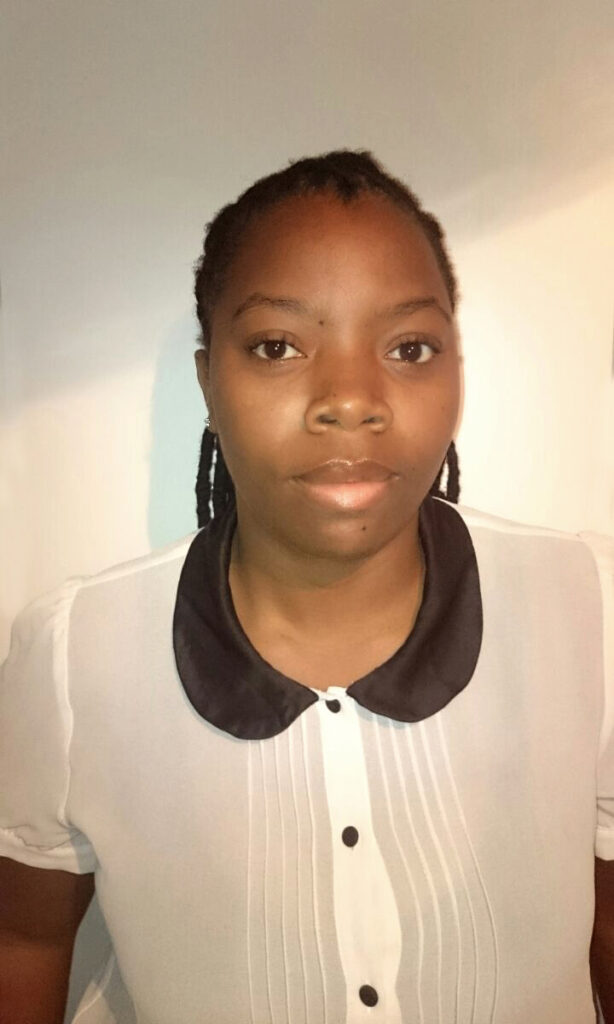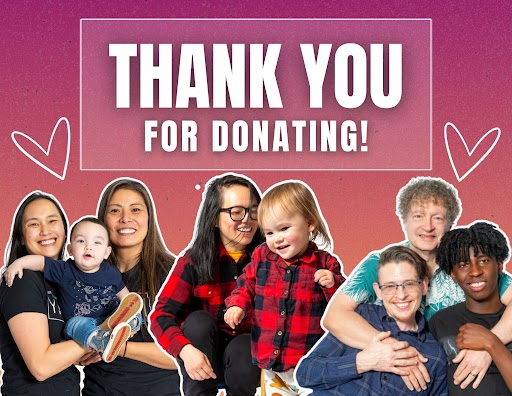To live in an environment which criminalizes being queer can be quite a drag. so one can only imagine my excitement when I got selected for the Mandela Washington Fellowship for Young African Leaders which gave me an opportunity to live in the United States for a total of thirteen weeks. From the media, I could tell that being queer in the US is not the same as being queer in my country. Or so I thought.
One thing I keep saying is that the media representation of the US is really not quite what is on the ground. Back home, I have to deal with the consequences of being queer. In Zambia, I live a pretty interesting life depending on the particular space I find myself in. I must mention that I participate in the queer movement, feminist movement and these feed into the general human rights movement. What I find particularly interesting about the spaces I find myself in are the layers of different kinds of ‘treatment’ I receive. Within the queer community, I am considered a leader so there is an interesting way that I am treated. It is with respect and my opinion matters there. When I get into the feminist space, well, I get in that space as queer and that sort of drops the respect and the weight my opinion carries because I am queer. In the general human rights space, I go in as queer, young and female. In a male dominated space with the older generation taking the lead, you can only imagine the value my opinion gets.
In the U.S on the other hand, my existence comes with an extra layer, my race. You see, my race is not really a problem when I am in my country, where the population is predominantly black. I have only had very few instances where I directly encountered a situation, which highlighted white privilege.
I arrived in the US four days after the Charleston church shooting at the Emmanuel African Methodist Episcopal Church in South Carolina. The media covered the story widely. I do, remember the framing of the crimes that have seen black young men being killed and I realized that there was a certain way the media was framing the shooter at the Emmanuel African Methodist Episcopal Church. It was not that he was racist or that he was a criminal. Rather, I was struck at the almost ‘victim’ representation he was getting. People talked about him being a troubled child and how that led to him shooting 9 people and he received more than decent treatment from the cops.
A few weeks later, the story about a black woman, Sandra Bland hit the media. She was arrested for a wrong signal on a highway in Texas. I saw the arrest video and it was completely horrifying. One would think that she was being arrested for shooting 9 people and not a traffic offence. Sadly, the lady was found dead in her police cell and the police said she ‘hanged herself’ which did not make sense to me but that is a blog for another day. Anyway, these two stories to me symbolised one thing if not more, that racial injustice was alive and kicking in the US.
I realised that not only was I in danger because of my sexual orientation, my race was also a point of discrimination during my entire stay. It gets worse when one is a low-income earner.
One of the programs during the Fellowship was being attached to an organization for professional development experience and I am so lucky to be working at Our Family Coalition. One conversation which has come up is the queer movement and the involvement when it comes to racial justice. I feel that the intersectionality between race and sexual orientation and/or gender identity is something that cannot be ignored as these are two of the most fundamental strands to one’s identity. They contribute hugely to one’s sum of parts and how they are positioned in the various systems in the US society.
To discuss gender identity and leave out race especially in the US reminds me of the time when the women’s movement discussed middle class, white women’s issues and made women look so homogeneous when that is not the case in reality. This meant that others felt left out in this struggle and the struggle did not address their needs. The result of this was a fragmentation of the women’s movement. Same principle applies to the queer movement as queer people are not positioned in a homogenous way. People need to realize the privilege they come with in different queer spaces and to make a conscious effort to include issues that affect other queer people, race and ethnic background being paramount.
I get that marriage equality was a huge step for the movement. But on close inspection, I wonder who it really is serving. In as much as marriage is a declaration of love, it also expresses issues like economic security and stability. With the number of homeless and unemployed queer people, I am not sure how this would benefit them. I am left thinking of the homeless, queer youth of color, low income earners and the Trans community and how this law benefits their different struggles and the question I find myself asking is who defined this agenda?
For a while, I actually thought the people that have families in areas like San Francisco are white gay men as they are the ones who are frequently profiled. I was amazed to see so many different family formations (with white families being dominant still) at a campout which was recently organised by Our Family Coalition. I wondered why POC queer parents were not profiled more in the media and I realised it’s the race issue. To pretend that in the queer movement, race is not an issue would only mean ‘othering’ issues that are fundamental to people’s existence.
Since coming to the US, one thing is clear. I am scared not only because of my sexual orientation but my race too. I do understand that there are more progressive laws as compared to the country I come from but my fear is not that of the law but the law enforcers themselves and how the media profiles people like me, a black, queer woman. Never the less, I plan on enjoying my stay in San Francisco and learning as much as I can.
Biography: Sibusiso Malunga has over 5 years experience in human rights work with a specific focus on LGBTQ rights as well as women and girls rights. She has experience in HIV/AIDS prevention initiatives as well as economic empowerment for women in rural areas. Sibusiso is also largely involved in regional feminist organizing and she is active in the young African feminist movement. She is a co-founder of an LGBTQ organization called The Lotus identity based in Zambia, which works on advocacy, capacity building, and research and documentation. She was selected for the Mandela Washington Fellowship, a Young African Leaders Initiative by president Barrack Obama which brings 500 young leaders from across Africa to some top universities in the US for six weeks intensive training in leadership skills. 100 of the fellows remain in the US for the professional development experience and Sibusiso is currently a fellow at Our Family Coalition in the policy department.



